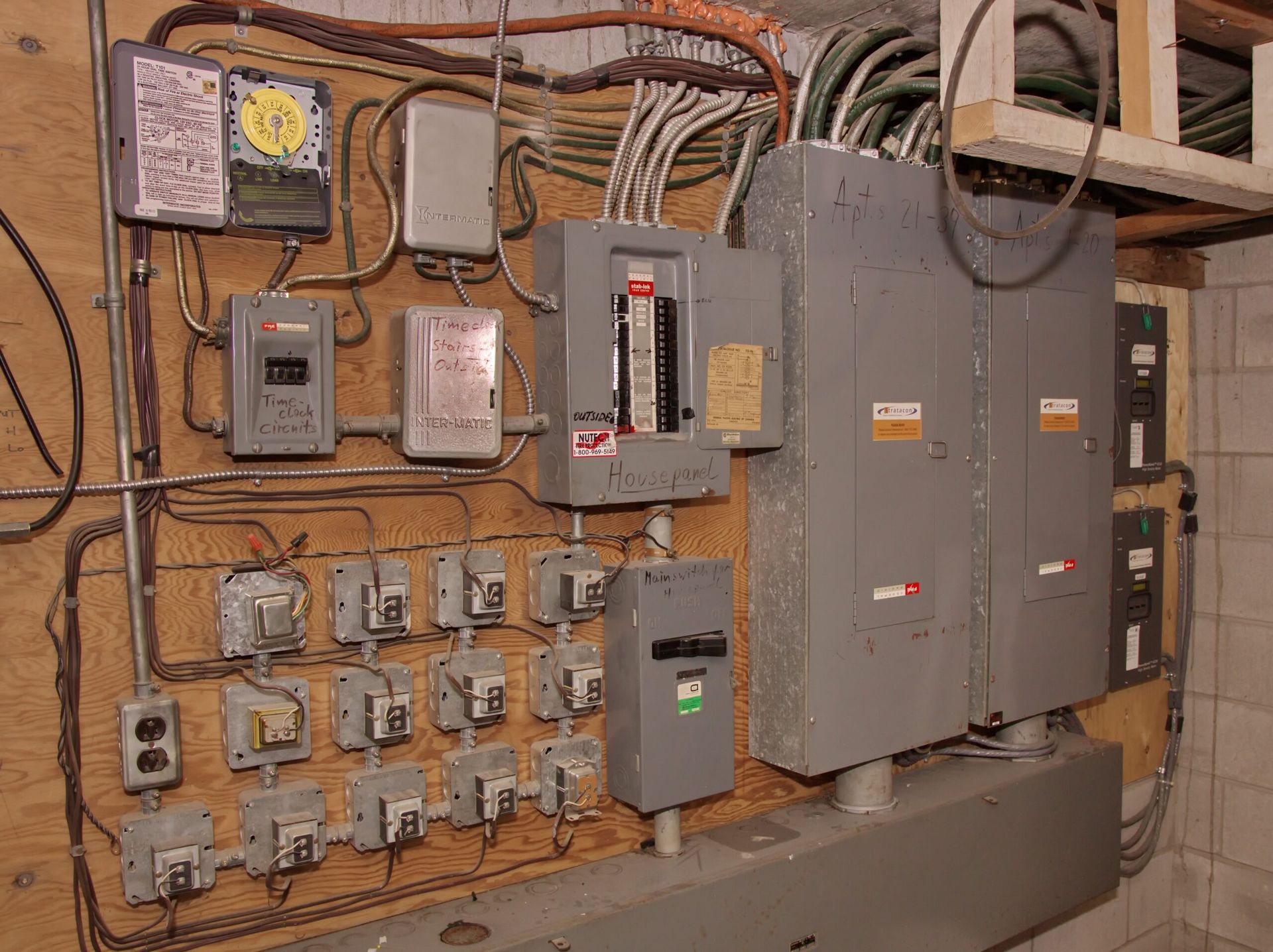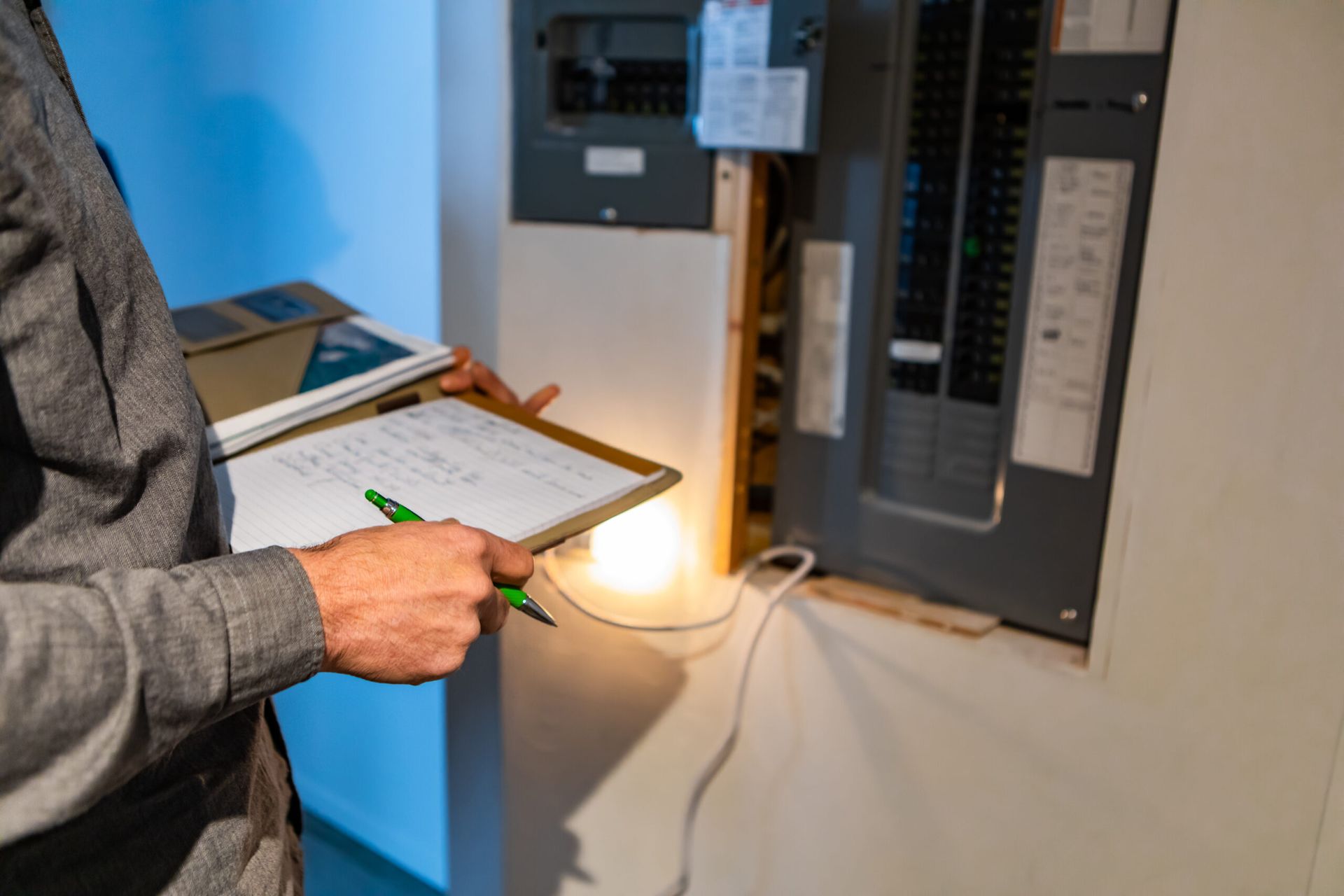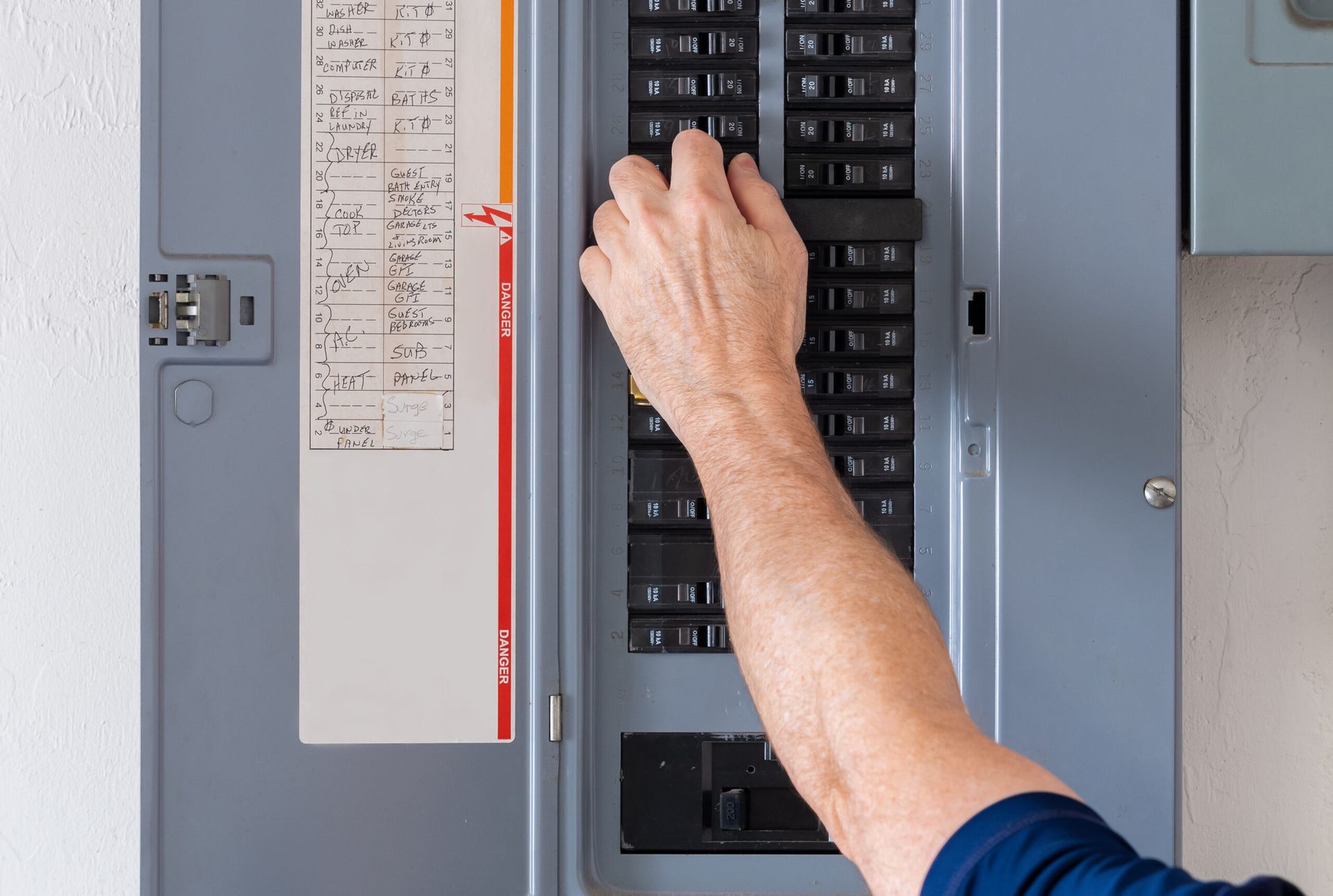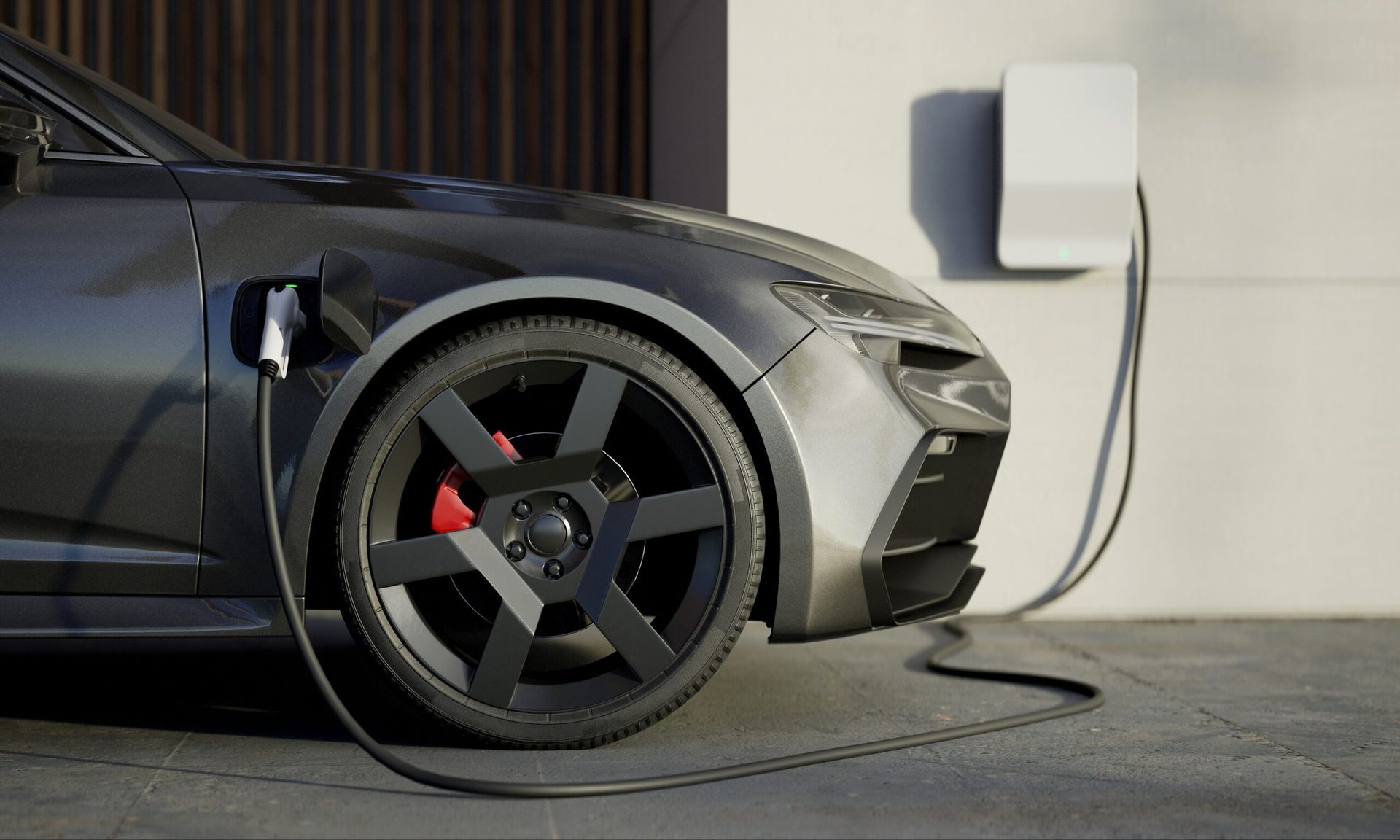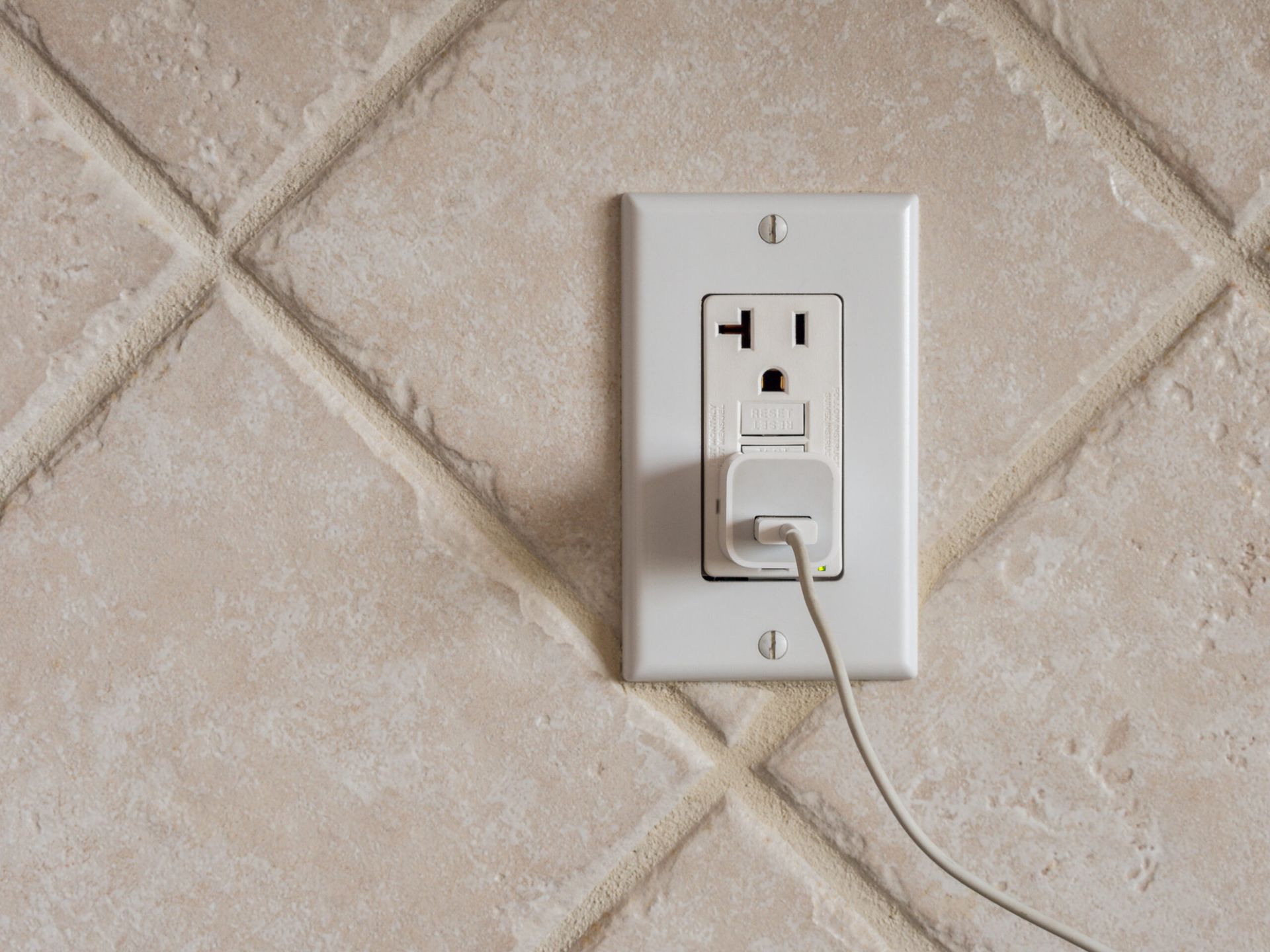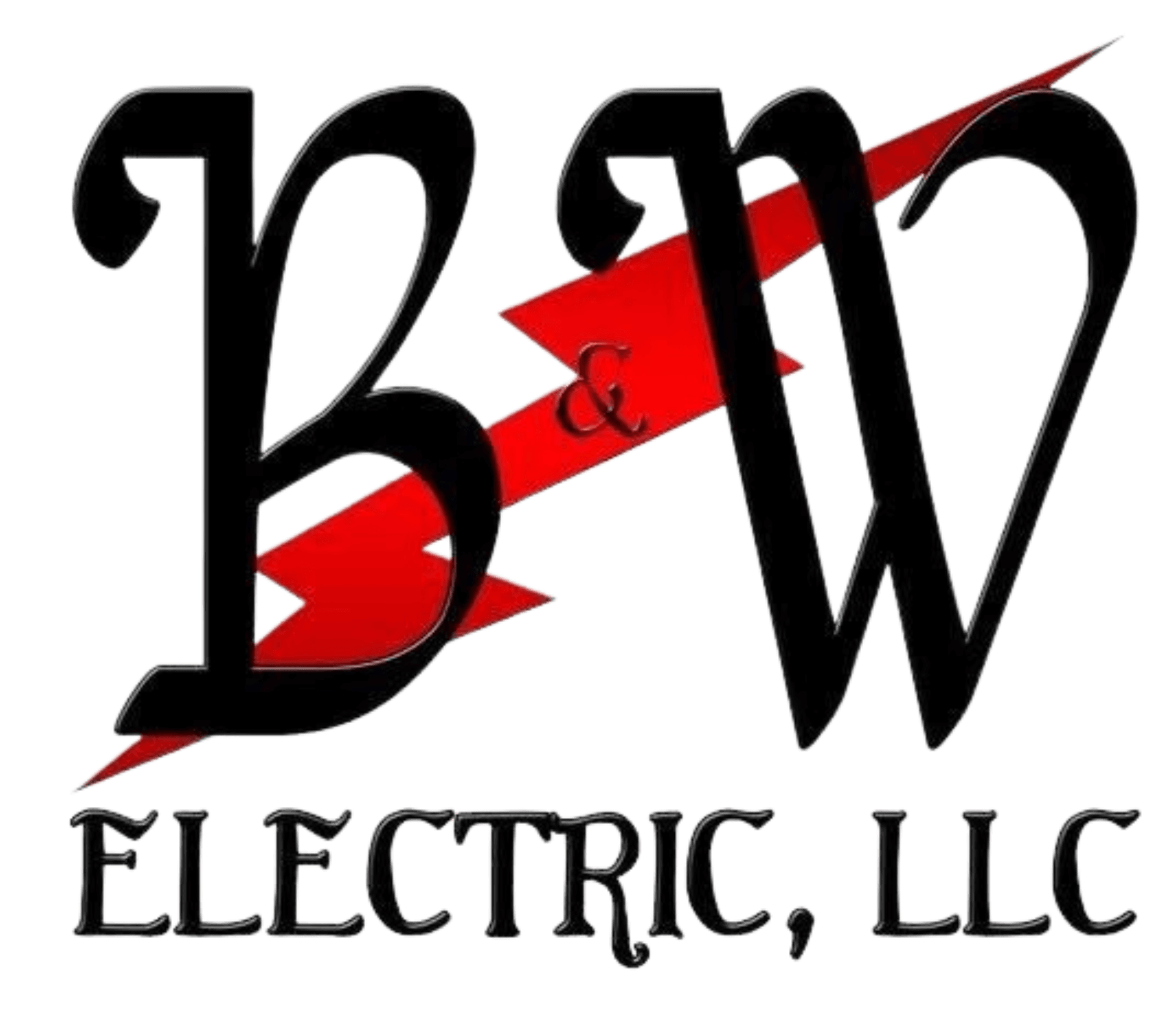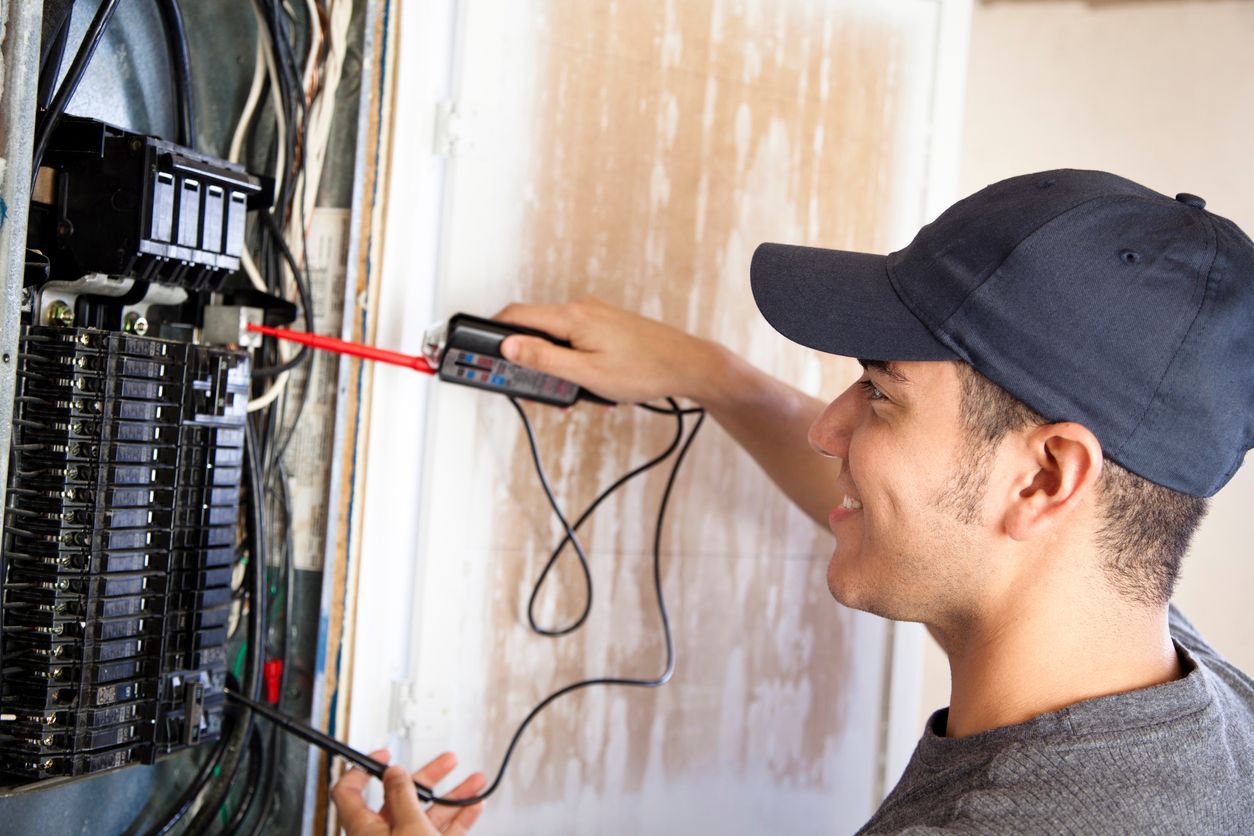One of the most common questions electricians hear has to do with the lifespan of a lightbulb, or more specifically: “Why do my lightbulbs keep blowing out?” There is no simple answer – lightbulbs can burn out for a variety of reasons, the most common of which is the unavoidable passage of time. Even if everything is in perfect working order and proper operating conditions are followed, every lightbulb has a rated lifespan and will eventually degrade and burn out.
Sometimes, however, light bulbs burn out much more quickly than their rated lifespan indicates. If you find yourself changing bulbs more frequently than you should, it very well could be another problem entirely.
In this blog, we’ll shine a light on those other reasons, from voltage issues to the fixture itself, that might be causing your lightbulbs to keep blowing out.
Why is My Light Bulb Blowing Out – 6 Potential Reasons
- High Voltage in the Home: If the supply voltage powering your home is higher than it should be, light bulbs will burn brighter and, as a result, burn out much faster. You can test for voltage levels at a standard electrical outlet (120-volt) by using a multimeter or voltage tester – just make sure you know what you’re doing, as the power will be on! Contact a professional electrician if your test shows voltage levels higher than 125 volts.
- Excessive Fixture Vibration: If you find yourself continually asking yourself why do my light bulbs keep blowing out?, well, sometimes it’s not the light bulb but the fixture itself. Think of a shaky ceiling fan with a light fixture that becomes unbalanced due to the vibration jiggling the filament in the bulb, which ultimately leads to a shorter bulb life. (This is why garage door light bulbs tend to burn out so quickly!) Consider a rough service bulb, which has heavy-duty filaments, to try and correct this problem.
- Light Bulb Usage: If a light bulb is turned on and off frequently, it will have a shorter lifespan than a light bulb that is left on continuously, especially with incandescent light bulbs that use a filament. The repeated expansion and contraction caused by turning the lights on and off frequently can cause the filament to weaken over time, leading to a shortened lifespan.
- Poor Connection: Yes, we know you know how to screw in a light bulb, thank you very much! But seriously, you’d be surprised how often something so simple can be to blame. A bulb that is screwed in too tight can depress the socket tabs, for instance, the metal tabs at the bottom of a light fixture’s socket that carry the power to the light bulb. If a light bulb is screwed in too loose, on the other hand, you might start to see the light flickering, which will burn out the bulb faster due to the intermittent voltage. Hitting the sweet spot that is not too tight but not too loose will extend its lifespan and minimize burnt-out light bulbs.
- Circuit Issues: If it’s always the same light fixture that’s giving you grief, then loose wiring could be to blame. Or if the contacts become corroded, this could also cause the voltage to vary. When the power is intermittent like this, it’s like constantly switching the light bulb on and off, and you may need to hire an electrician to replace the light fixture.
- Dimmer Switch Incompatibility: Light dimmers are tricky little buggers. Putting a non-dimmable bulb in a dimmable fixture, for instance, can cause the fixture to short-circuit and ruin your brand-new lamp. Likewise, if you keep getting a burnt-out light bulb in a fixture controlled by a dimmer switch, your wall switch may need to be changed if it has the wrong kind of light dimmer. To combat the problem, first consider what type of dimmer switch you have, and then make sure you have a bulb that is compatible.
If all this electrical talk is foreign, and you’re still wondering, “How do you know if a bulb blew out?” it’s probably time to call the experienced professionals at B&W Electric, Denver’s leading commercial and residential lighting electricians.
Reach out today to speak with a member of our team!
